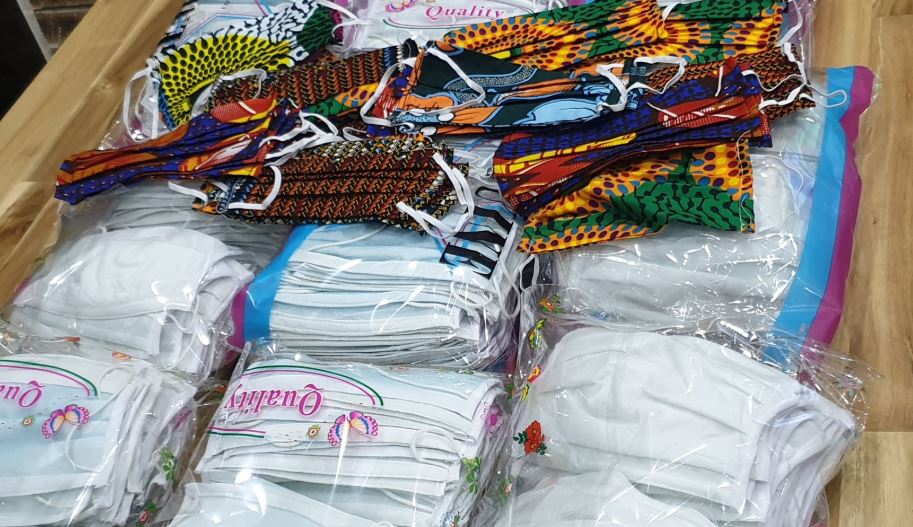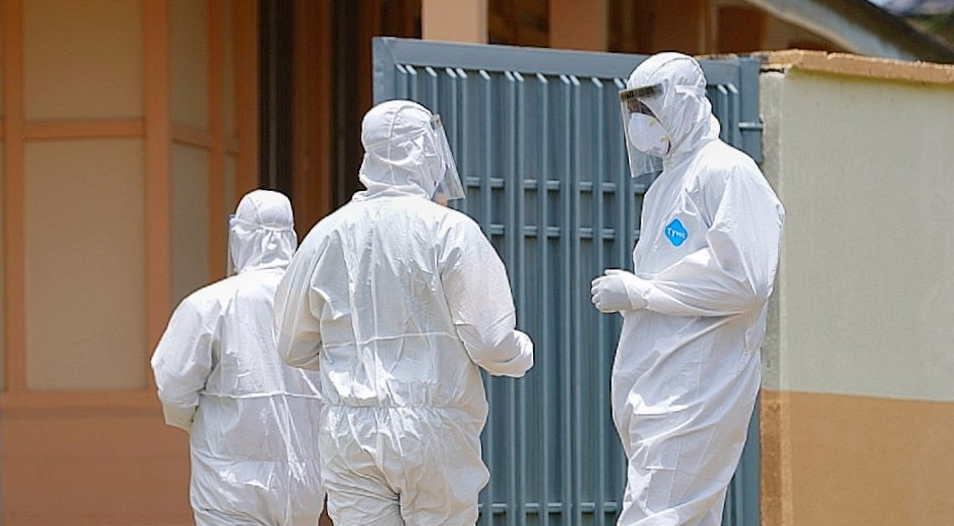Osagie Ehanire, minister of health, says home-made face masks or even scarfs can offer some form of protection against contact with droplets on parts of the face, especially when in public.
Speaking at the media briefing organised by the presidential task force on COVID-19 on Monday, he said such face masks could also be reused if washed and dried properly.
The World Health Organisation (WHO), in its document on the guidelines for the use of masks in the context of COVID-19, dated April 6, 2020, said “it is critical that medical masks and respirators be prioritised for health care workers,” but research is still ongoing concerning the effectiveness of nonmedical masks”.
However, according to Ehanire, in certain situations outside medical facilities, reusable masks can be used, especially to prevent viruses from getting onto the nose and mouth.
Advertisement
“We said we’re recommending; we’re not saying it’s compulsory. Secondly, we’re saying it doesn’t have to be hospital-grade, medical-grade or surgical-grade,” he said.
“You can make your own. Preferably, in fact, your mask can be washable; so, you can wash it and iron it and reuse. The ones many of us here are using now are single use, which we have to throw away. But you don’t need that for day-to-day activities.
“And the purpose of that mask is to shield you and shield your opposite because if anyone is emitting any kind of droplet or particle, as we say, if someone is coughing or sneezing, they push out particles and droplets which can travel a certain distance and be able to infect somebody who is more than two metres away. That’s why we talk about social distancing.
Advertisement
“But that kind of emission also takes place when people are shouting or when they laugh, or when they exclaim or even when they sigh or even when you blow your nose. So, these are emissions you can capture if you’re wearing a protective barrier. It can even be a scarf you put across your mouth or whatever it is, so that you do not run the risk of being able to shed it to someone else.
“Or, if you’re the person sitting down, someone cannot easily get it to you. You can assume that it’s caught on the front of the mask. That’s why we say that it must be washed, preferably in warm water, and then dried and ironed. If you do that, it’s safe to reuse it the next day. We’re making that a recommendation particularly to those who handle food – and food vendors – in the interest of their customers.”
As of April 13, 2020, Nigeria had recorded 343 confirmed cases of COVID-19, 91 recoveries and 10 deaths.
Advertisement
Add a comment






